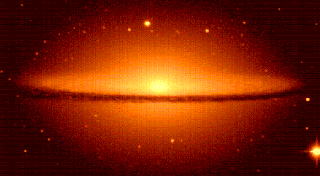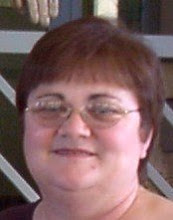 My sister and I are planning to go to France in November. We've never been there before. We only have 7 days. How do we fit everything in that we want to do and see? We will be flying into Charles deGaulle Airport on a Friday morning, and we have to leave the following Friday morning. This is going to be a challenge! We got together to do some planning ahead of time so that we could maximize our time when we get there. We also have engaged the help of a driver who is a travel professional who will guide us on a carefully planned route. We know we can't see everything, so we really have to make some good decisions. We began by looking at our travel books and looking at a map. We went to the internet a couple of times. We couldn't find where our hotel was located! The language is so different from ours. The avenues are called rues. Good grief...it took us at least a half an hour to figure out how far our hotel was from the airport. We had to think about a logical sequence for our trip, but we also found ourselves prioritizing places into "must sees" and "nice to sees." Did we want to go on our jaunt to Mont St. Michel first thing or later in the week? Decisions, decisions, decisions... We finally decided to leave some of those decisions up to the expert - our travel guide. However, we had to send him an outline of what we wanted to see and do, and even that required a bit of research and conversation.
My sister and I are planning to go to France in November. We've never been there before. We only have 7 days. How do we fit everything in that we want to do and see? We will be flying into Charles deGaulle Airport on a Friday morning, and we have to leave the following Friday morning. This is going to be a challenge! We got together to do some planning ahead of time so that we could maximize our time when we get there. We also have engaged the help of a driver who is a travel professional who will guide us on a carefully planned route. We know we can't see everything, so we really have to make some good decisions. We began by looking at our travel books and looking at a map. We went to the internet a couple of times. We couldn't find where our hotel was located! The language is so different from ours. The avenues are called rues. Good grief...it took us at least a half an hour to figure out how far our hotel was from the airport. We had to think about a logical sequence for our trip, but we also found ourselves prioritizing places into "must sees" and "nice to sees." Did we want to go on our jaunt to Mont St. Michel first thing or later in the week? Decisions, decisions, decisions... We finally decided to leave some of those decisions up to the expert - our travel guide. However, we had to send him an outline of what we wanted to see and do, and even that required a bit of research and conversation. As we were doing this, I thought about SMARTER Planning. We were very actively doing the hardest part - the real thinking and planning before the trip. It was exciting and fun, but also full of choices and hard decisions. Shaping our questions and mapping out our route started today. Here are our questions:
- Why is Paris such a mecca for tourists?
- How does one live in France?
- How does the geography and history of Northern France differ from ours in the states?

Knowing we simply don't have time to travel all through France, we decided on Normandy, Mont St. Michel, and Paris. We will have our "home base" in Paris, but take one or two day trips and then spend the rest of the time in the city. It was really difficult to pare down everything that we wanted to do to what we actually could do and do well. We want to have memories that last a lifetime. We want to experience what is important and vital about Paris and the vicinity. Doing too much would only make us tired. Doing too much or visiting too many places would water down our experience we decided. We would rather spend a greater amount of time in fewer locations so that we can really feel what it is like to live in France.
This whole experience of planning this trip also led me to reflect on the importance of planning in general. Quality planning reduces tension and frustration. Quality planning facilitates the journey. There will be far less wasted time and many more hours focused on the right stuff! We have a blueprint for our journey. Sure, it can be changed...but we have a plan. The metaphor of going on a journey is a really good one for teachers to remember. Teachers take their students on journeys constantly. How much more meaningful could the journey be with really careful, thoughtful planning?



